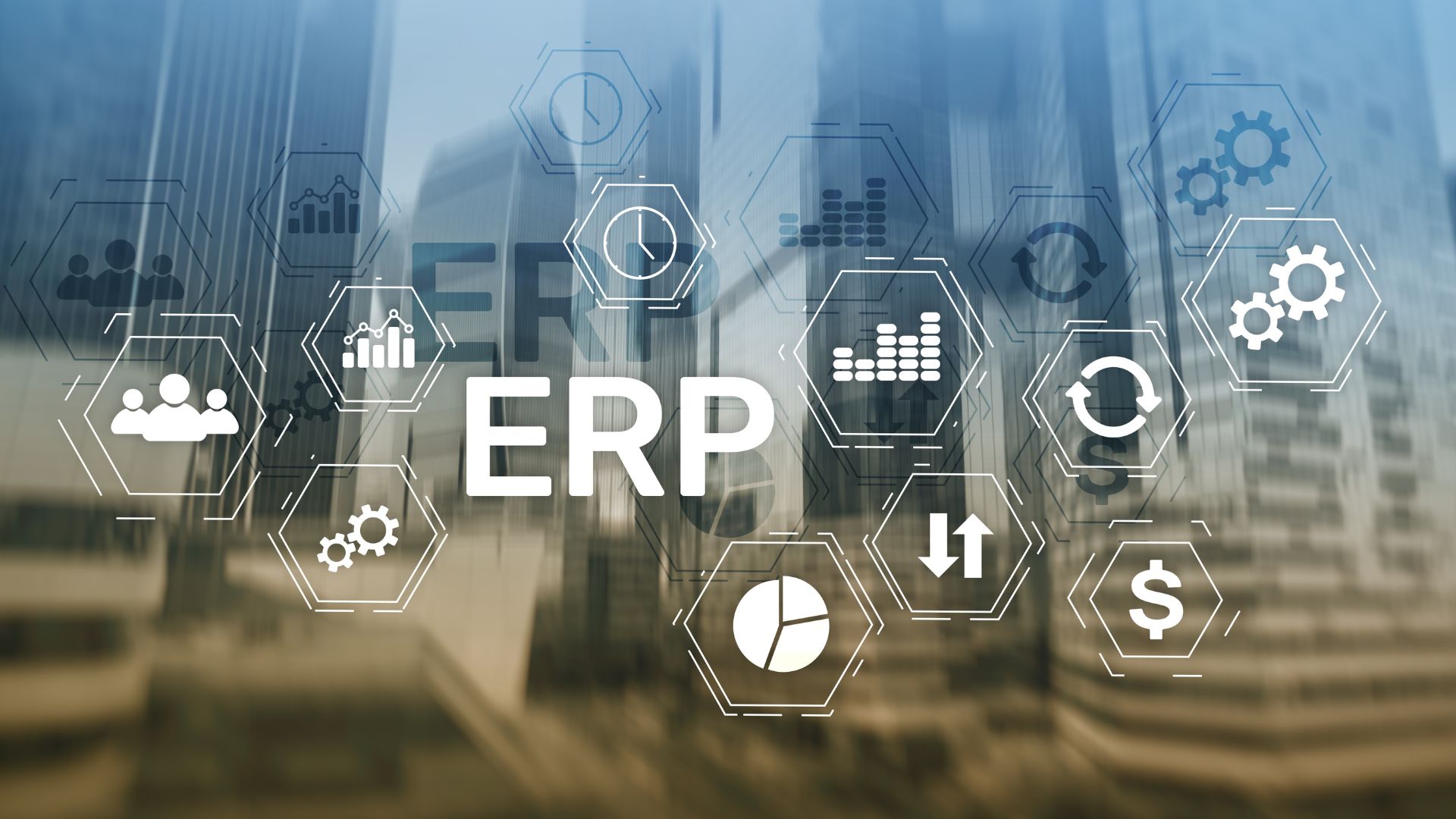Selecting the right Oracle Cloud ERP implementation partner is a pivotal decision for any organization undergoing enterprise transformation. The efficiency, scalability, and long-term value of your ERP investment hinge on having a partner with proven technical expertise and a strategic, business-aligned approach. This guide offers a deep dive into the importance of expert ERP partnerships, common challenges, critical best practices, and how to choose a reliable Oracle Cloud ERP integration service provider.
Why Oracle Cloud ERP Is the Enterprise Standard?
Oracle Cloud ERP is a leading, cloud-based suite of enterprise applications designed to centralize core business processes. From financials and procurement to risk management and project delivery, Oracle unifies operations into a single intelligent system. Its advanced capabilities make it a top choice for enterprise and mid-market organizations alike.
Key Benefits of Oracle Cloud ERP:
- Centralized, Real-Time Financial Management: Gain a unified view of financial performance across business units.
- Automated Workflows and Business Processes: Streamline approvals, reporting, and operational tasks.
- Scalable, Secure Cloud Infrastructure: Depend on Oracle’s globally distributed, secure cloud environment.
- Advanced Compliance and Risk Management Tools: Maintain regulatory compliance with built-in audit, risk, and governance tools.
However, realizing these benefits requires more than just selecting the software. The implementation and integration process is complex, making it essential to work with an expert partner.
The Role of an Oracle Cloud ERP Implementation Partner
An experienced Oracle Cloud ERP implementation partner acts as a bridge between your business objectives and the technical potential of Oracle’s platform. The partner’s role extends beyond software deployment — they serve as strategic advisors, operational consultants, and technical experts throughout the project lifecycle.
Core Responsibilities:
- Assessing existing business systems, workflows, and reporting needs
- Identifying data migration, integration, and process automation opportunities
- Designing implementation strategies tailored to organizational priorities
- Configuring, customizing, and deploying ERP modules
- Ensuring data validation, system security, and compliance
- Delivering user training and support pre- and post-go-live
- Establishing continuous system optimization strategies
The right partner ensures your Oracle Cloud ERP solution not only fits your current operations but scales with future business demands.
Common Challenges in Oracle Cloud ERP Implementations:
ERP projects are inherently complex and come with various risks if not expertly managed. Here are some of the most common challenges businesses face:
- Data Migration Issues: Inaccurate or incomplete data can lead to operational delays, reporting errors, and business disruptions.
- Integration Complexity: Aligning new ERP systems with legacy applications, third-party platforms, and internal processes requires precision.
- Change Management Resistance: Shifting from legacy systems often faces internal pushback without a structured change management plan.
- Budget and Timeline Overruns: Scope creep, unforeseen technical hurdles, and resource limitations can inflate project costs and extend deadlines.
A capable Oracle Cloud ERP integration service partner proactively mitigates these risks through phased delivery, transparent communication, and comprehensive project governance.
Best Practices for Successful Oracle Cloud ERP Implementations
Enterprises with high-performing ERP systems often follow certain proven strategies:
Define Clear Business Objectives:
Align ERP implementation goals with measurable business outcomes like reduced operational costs, faster reporting, or improved customer service.
Prioritize Integration Planning Early:
Identify and map your existing applications and databases, creating a roadmap for seamless integration.
Adopt a Phased Implementation Model:
Avoid enterprise-wide rollouts in favor of phased, module-by-module deployments. This minimizes disruption and improves user adoption.
Invest in Change Management and User Training:
A successful project isn’t just technical — it’s cultural. Develop structured training programs, leadership communication, and feedback loops to ease the transition.
Commit to Continuous Optimization:
Your ERP system should evolve alongside your business. Regularly review processes, reports, and integrations to refine operations and maximize ROI.
How to Evaluate an Oracle Cloud ERP Integration Service Partner?
When selecting a partner, enterprises should weigh multiple factors beyond technical certifications.
Key Evaluation Criteria:
- Proven Oracle Cloud ERP Expertise: Look for a track record of successful implementations across industries.
- Comprehensive Service Capabilities: From business assessments and system design to cloud infrastructure management and ongoing support.
- Customizable Implementation Methodologies: A flexible, scalable framework that aligns with your organizational needs.
- Strong Change Management Capabilities: Effective end-user training, stakeholder engagement, and adoption strategies.
- Post-Implementation Optimization and Support: Continuous improvement services that address new business demands and technology updates.
The Strategic Edge of SoftArt:
Among Oracle Cloud ERP service providers, SoftArt stands out for its business-driven implementation philosophy. With extensive experience in Oracle ERP Cloud implementation projects for enterprises of all sizes, SoftArt aligns technology with tangible business outcomes.
What differentiates SoftArt is their phased, agile implementation model, rigorous data governance frameworks, and emphasis on proactive system optimization post-go-live. Their focus on transparent communication, business process alignment, and cross-industry best practices ensures clients achieve long-term operational excellence.
Critical Success Factors for Oracle Cloud ERP Projects:
Enterprises can further safeguard their ERP investments by focusing on these critical areas:
- Executive Sponsorship: Active leadership involvement in strategy, governance, and change management.
- Stakeholder Engagement: Early and ongoing participation from business unit leaders and end-users.
- Robust Data Strategy: A comprehensive data migration, cleansing, and governance plan.
- Security and Compliance: Proactive adherence to regulatory requirements and information security standards.
- Flexible Reporting and Analytics: Custom dashboards and real-time insights tailored to decision-maker needs.
Post-Implementation Optimization: Sustaining ERP Value
The go-live event is just the beginning. Continuous optimization ensures your ERP system evolves with market changes, business expansion, and regulatory shifts.
Focus Areas for Continuous Improvement:
- System Performance Tuning
- Process Refinement and Workflow Automation
- New Module Deployments
- Ongoing User Training and Change Management
- Regular Health Checks and Audits
An experienced partner like SoftArt provides these optimization services as part of a long-term ERP lifecycle strategy.
The Business Impact of Strategic ERP Integration
Enterprises leveraging Oracle Cloud ERP report significant operational and financial benefits, including:
- Faster Decision-Making: Real-time financial and operational data.
- Improved Operational Efficiency: Automated processes and centralized data.
- Enhanced Compliance: Robust audit, security, and reporting tools.
- Scalability: Seamless adaptability for mergers, acquisitions, and market expansion.
Choosing the Right Oracle Cloud ERP Partner
A successful ERP transformation requires more than just technology — it demands strategic partnership, disciplined execution, and continuous improvement.
When selecting your Oracle Cloud ERP implementation partner, prioritize providers with proven technical expertise, scalable methodologies, and a relentless focus on long-term business value.
By aligning with an experienced partner like SoftArt, enterprises can ensure their ERP transformation delivers continuous operational and strategic gains, positioning them for sustained success in a data-driven, digital-first economy.



































